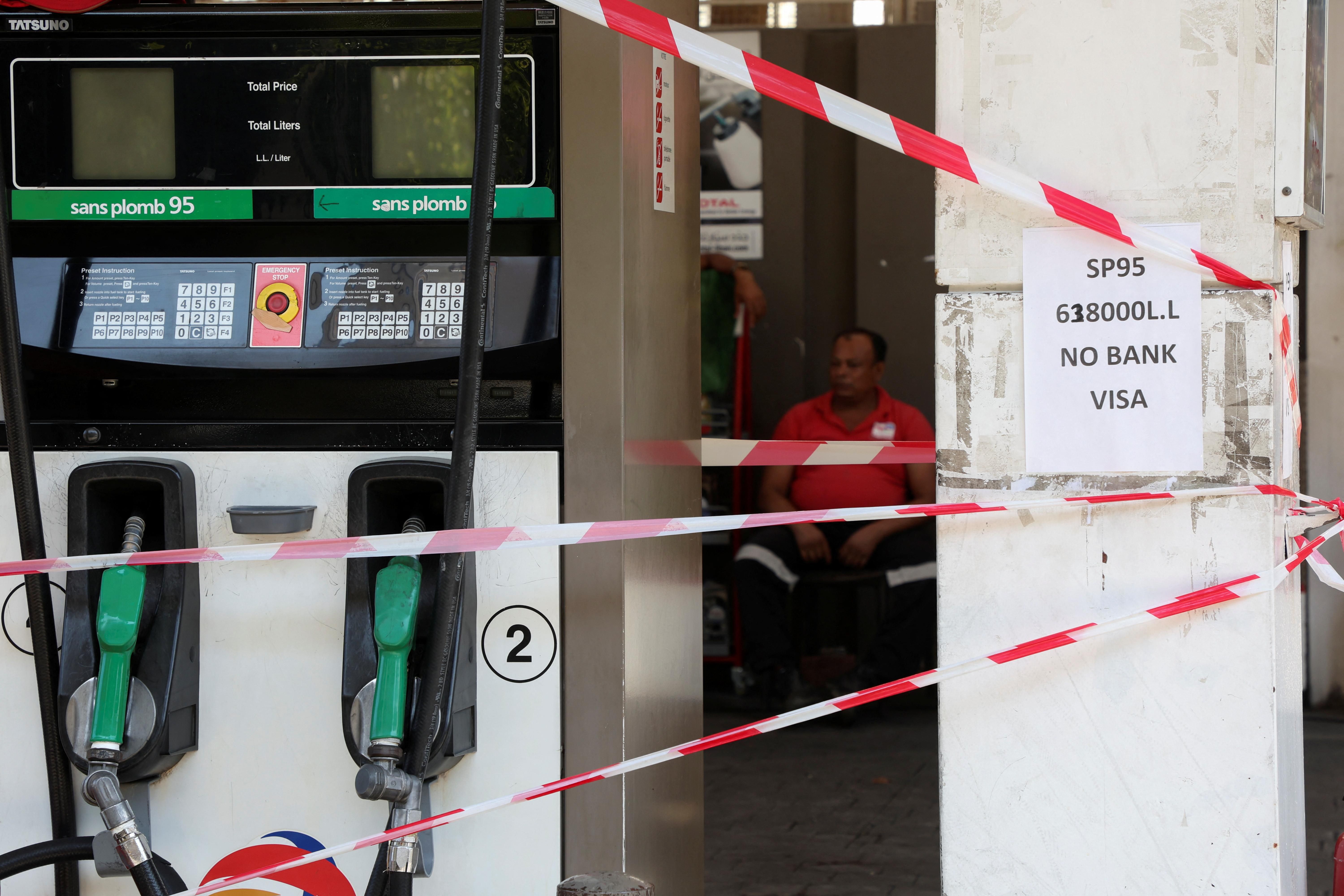Hard Numbers: Lebanese fuel subsidies slashed, Belgian terror trial, forced labor and marriage surge, Imran Khan’s bail extended
20,000: The cost of 20 liters of gas jumped by 20,000 pounds in Lebanon on Monday after the country’s central bank lifted its last fuel subsidies, following a year-long process to replace fuel and some food subsidies with cheaper social welfare programs. This was a massive price hike in a country already accustomed to price volatility and economic collapse.
6: Six years since Belgium suffered three alleged Islamic State terror attacks at Brusels airport and on the underground metro that killed 32 people, the trial for nine Islamic State suspects finally got underway on Monday. The same terror cell is believed to have carried out a spate of attacks across Paris in November 2015, including at the Bataclan music venue.
50 million: An estimated 50 million people across 180 countries are subject to forced labor or forced marriages worldwide, according to a new UN report. The number of people living under these conditions has risen by 10 million over the last five years, the UN says, citing climate change and the pandemic as contributing factors.
8: Former Pakistani PM Imran Khan was granted eight more days – until September 20 – of pre-arrest bail on Monday after appearing before the anti-terrorism court in Islamabad. Khan is facing terrorism charges over a speech in which he is suspected of having threatened police and legal officers. Ousted in April, the former PM has been rallying his growing support base to force snap general elections.